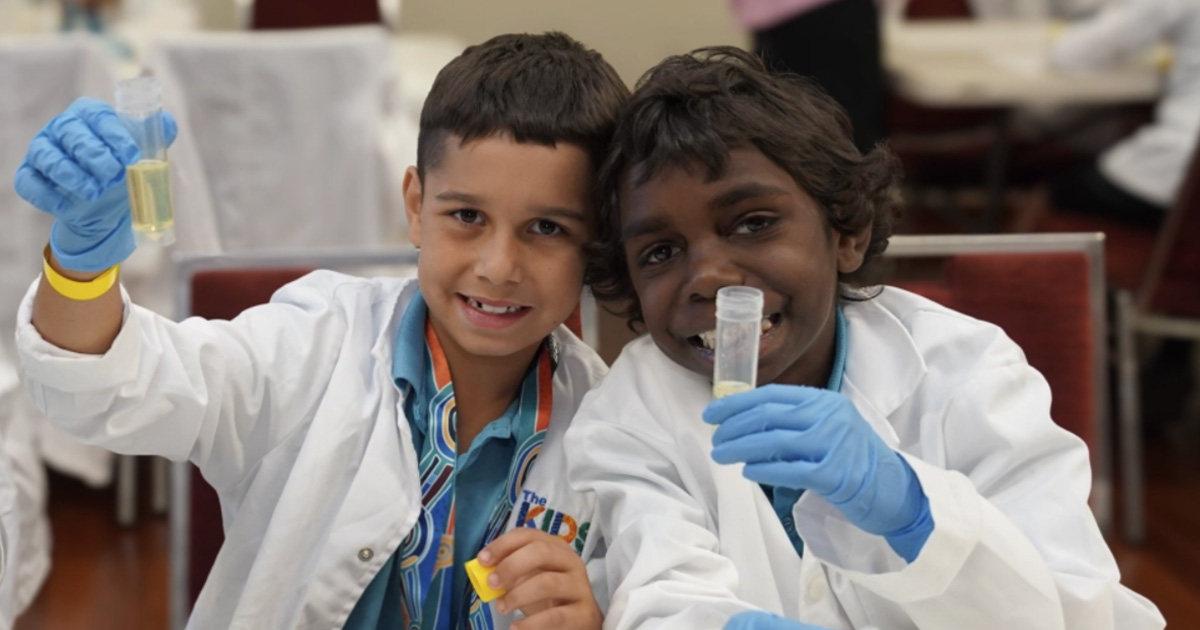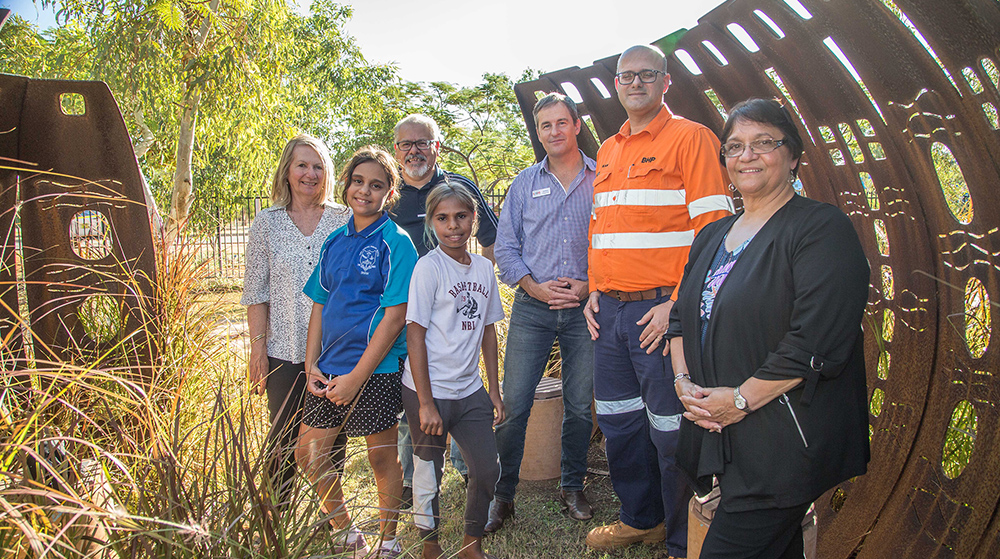Search
Showing results for "Professor"

News & Events
The Kids STEM Festival sparks curiosity in the Kimberley!The Broome Civic Centre recently turned into a buzzing hub of discovery as The Kids Research Institute Australia proudly presented the 2025 Broome STEM Festival.

News & Events
Researchers narrow down field of new treatments for most common childhood brain cancerCancer researchers have narrowed-down the field of immunotherapy drugs which could be used to tackle a form of childhood brain cancer.

News & Events
The Kids Cancer Researcher wins prestigious Cancer Council WA awardThe Kids Research Institute Australia cancer researcher, Dr Jason Waithman, has been named Cancer Council WA’s 2021 Cancer Researcher of the Year.

News & Events
Five-year Hedland FASD Project wraps upA five-year, $5 million research program funded by BHP and aimed at reducing the prevalence and impact of FASD in the Pilbara officially wrapped in South Hedland last night.

News & Events
Researchers pay tribute to LockieThe hearts of everyone at The Kids go out to the family and friends of Lachlan Hernaman, a long-term participant in lung health research who died suddenly on April 30.

News & Events
Iconic partnership to bolster parents in cyber safety battleBankwest and The Kids Research Institute Australia have announced a new partnership, bringing together two iconic Western Australian organisations to support parents in their cyber safety battle.

News & Events
New app for parents develops kids’ essential life skillsA new app utilising ground breaking research into the early years will assist parents and carers develop their child’s life skills while going about their daily routines.

News & Events
The Kids Researchers to explore NEC Artificial Intelligence technologies for new medical diagnostic toolsThe Kids has signed an MoU with leading technology developer NEC Australia to explore opportunities to apply NEC’s AI technologies in our medical research.

News & Events
Australian researchers join international project to curb unhealthy lifetime trajectoriesAustralian researchers join global effort to better understand how events during pregnancy and childhood influence the development of disease later in life.

News & Events
ORIGINS features in ABCs Four Corners alongside Dr Norman SwanThe episode investigates the alarming rise in early-onset adult cancers and the research efforts to understand why and what Australia can do the reduce its diagnoses.
